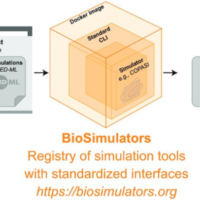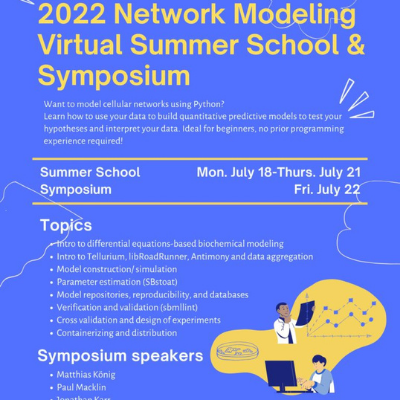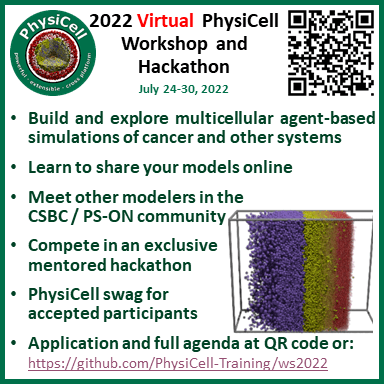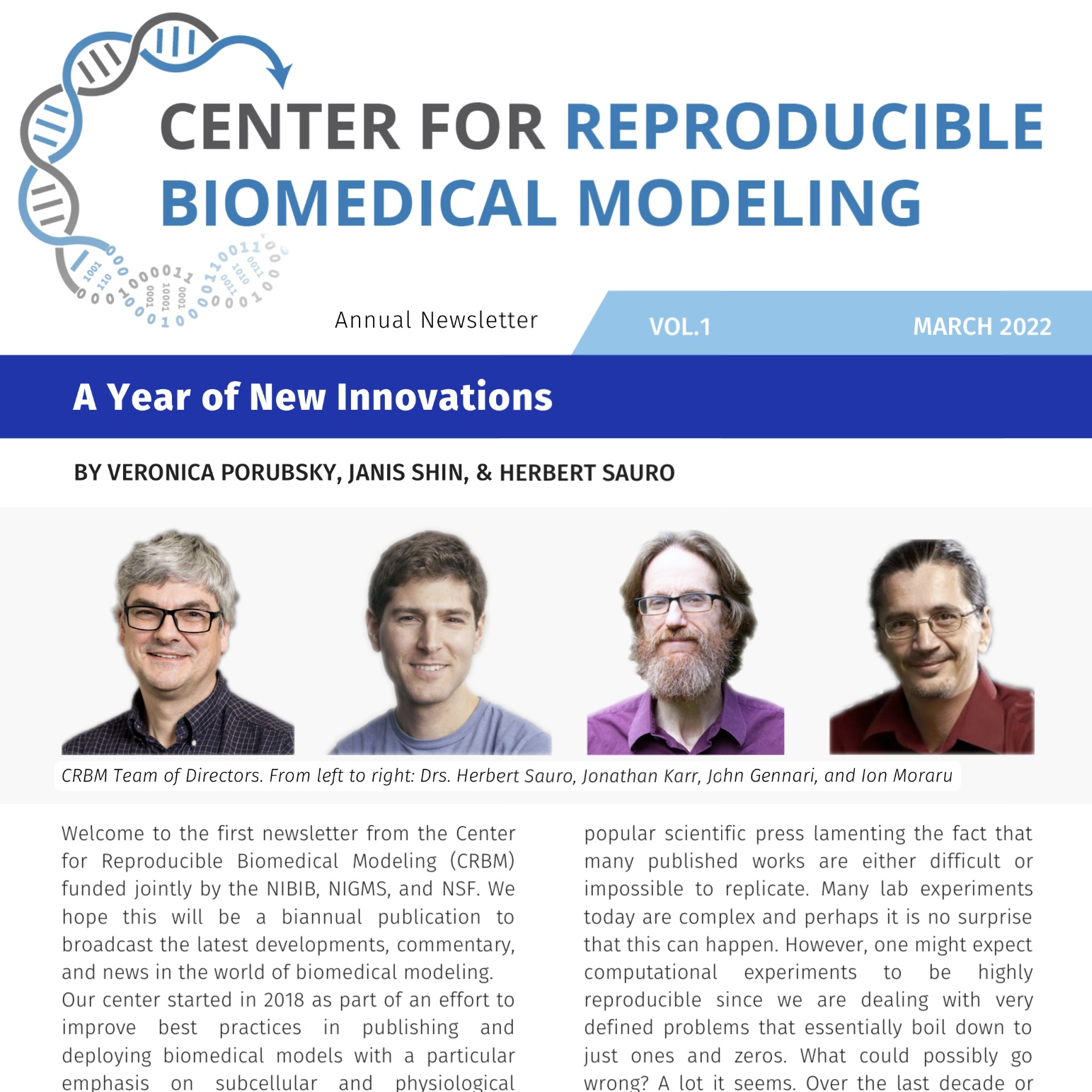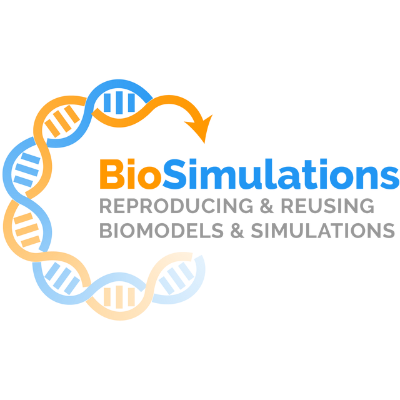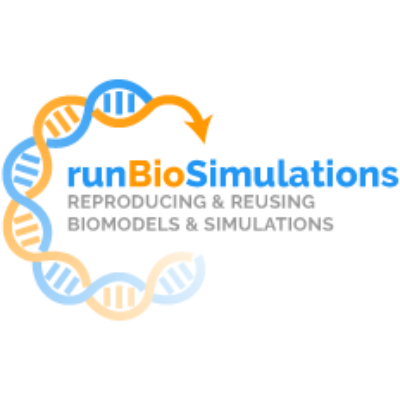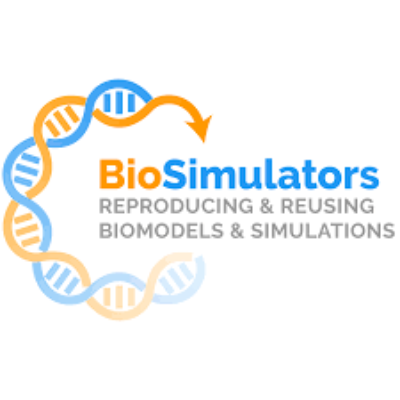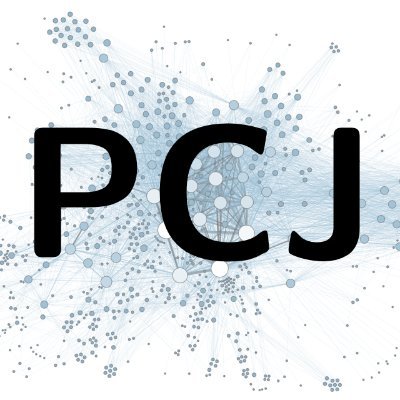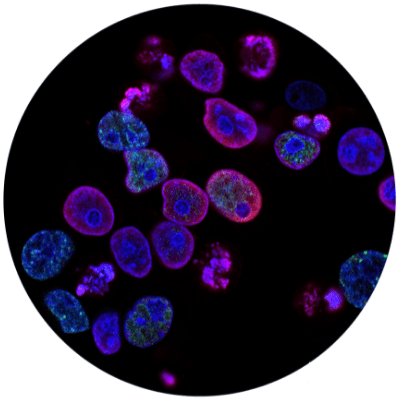BioSimulators paper just published in Nucleic Acids Research
We're glad to share information from a new paper just published in Nucleic Acids Research: BioSimulators: a central registry of simulation engines and services for recommending specific tools. https://academic.oup.com/.../doi/10.1093/nar/gkac331/6582178. “BioSimulators provide streamlined abilities to find, obtain, and use simulation tools for a broad range of modeling frameworks, formats, and algorithms, to help make systems biology, [...]


